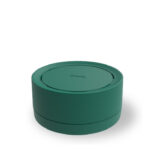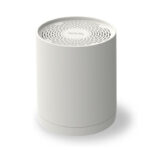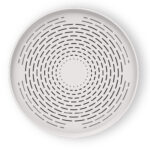Feb. 4: World Cancer Day

Objective: to inform and raise awareness

February 4 marks World Cancer Day, World Cancer Day, promoted by the Union for International Cancer Control (UICC) and supported by the World Health Organization (WHO).
According to the Ministry of Health, there are more than 370,000 cancer diagnoses in Italy each year.
There are many events related to this day in which cancer doctors and associations around the world organize activities to raise awareness, creating moments of reflection on what each of us can do to fight this treacherous enemy.
It is not only about celebrating the progress of innovation in medicine but also about reflecting on the daily habits that affect each individual: the consumption of unhealthy products such as tobacco, alcohol, chemical foods and breathing bad air quality can lead to an increased likelihood of cancer development.
Can air pollution increase the risk of developing cancer?
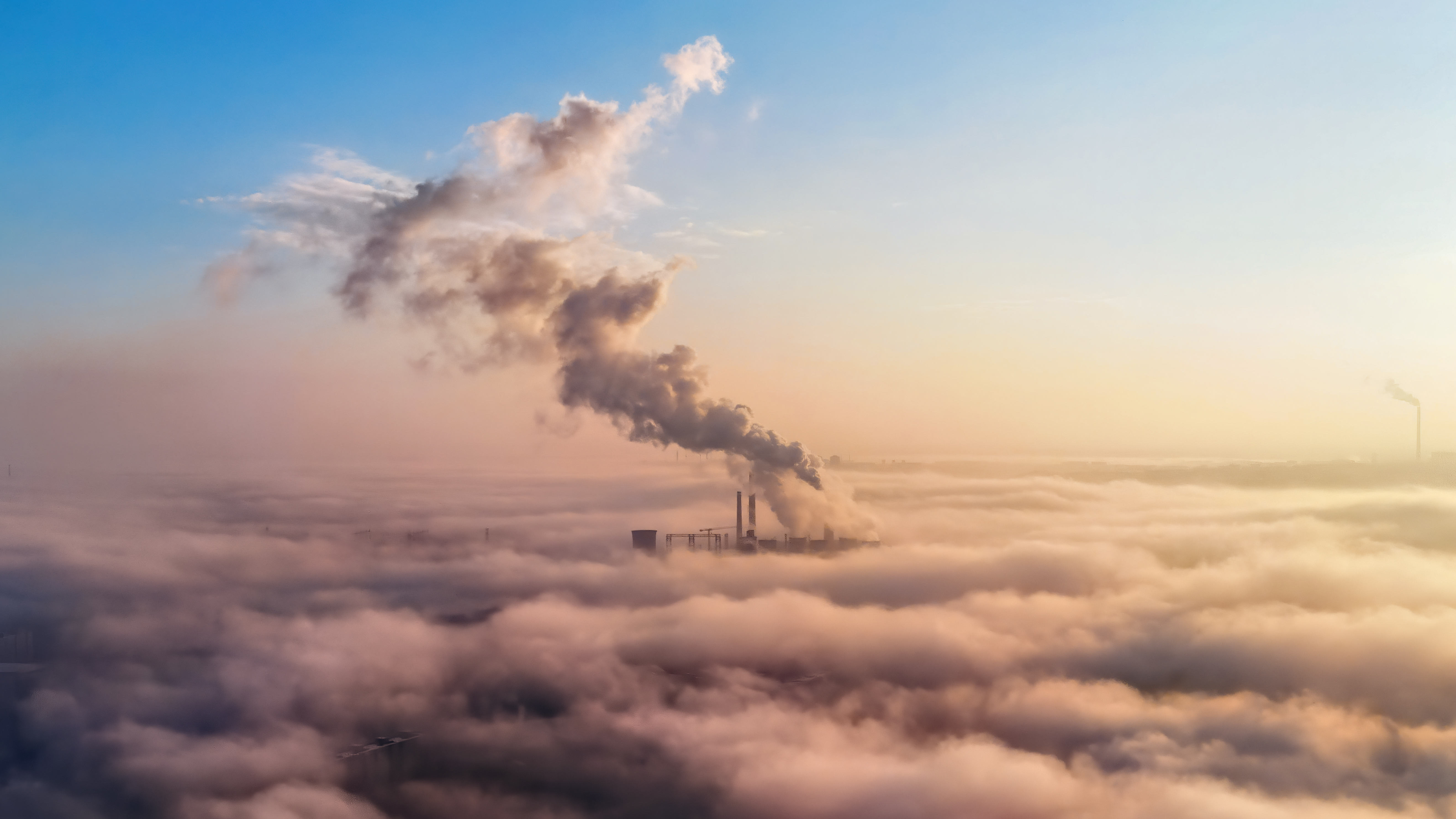
Unfortunately, the answer is yes.
There is a scientifically proven link between pollution and inflammation of the lungs that may partly explain how poor air quality can promote the occurrence of this type of cancer.
The results of a study conducted in 9 countries on about 300,000 people followed for more than 13 years showed the relationship between increased particulate matter and the number of lung cancers, independent of other factors such as cigarette smoking.
The International Agency for Research on Cancer (IARC) has classified air pollution and fine particulate matter among type 1 human carcinogens.
In addition, there are a growing number of studies showing a link between air pollution and increased risk of cancers other than lung cancer.
The Superior Institute of Health’s SENTIERI study showed a 9% higher incidence of cancer of various types in males and 7% higher in females than the regional average in areas designated as highly polluted.
Air pollution, according to World Health Organization (WHO) data, causes more than 9 million premature deaths each year worldwide.
Not only particulate matter: we also have to deal with radon gas
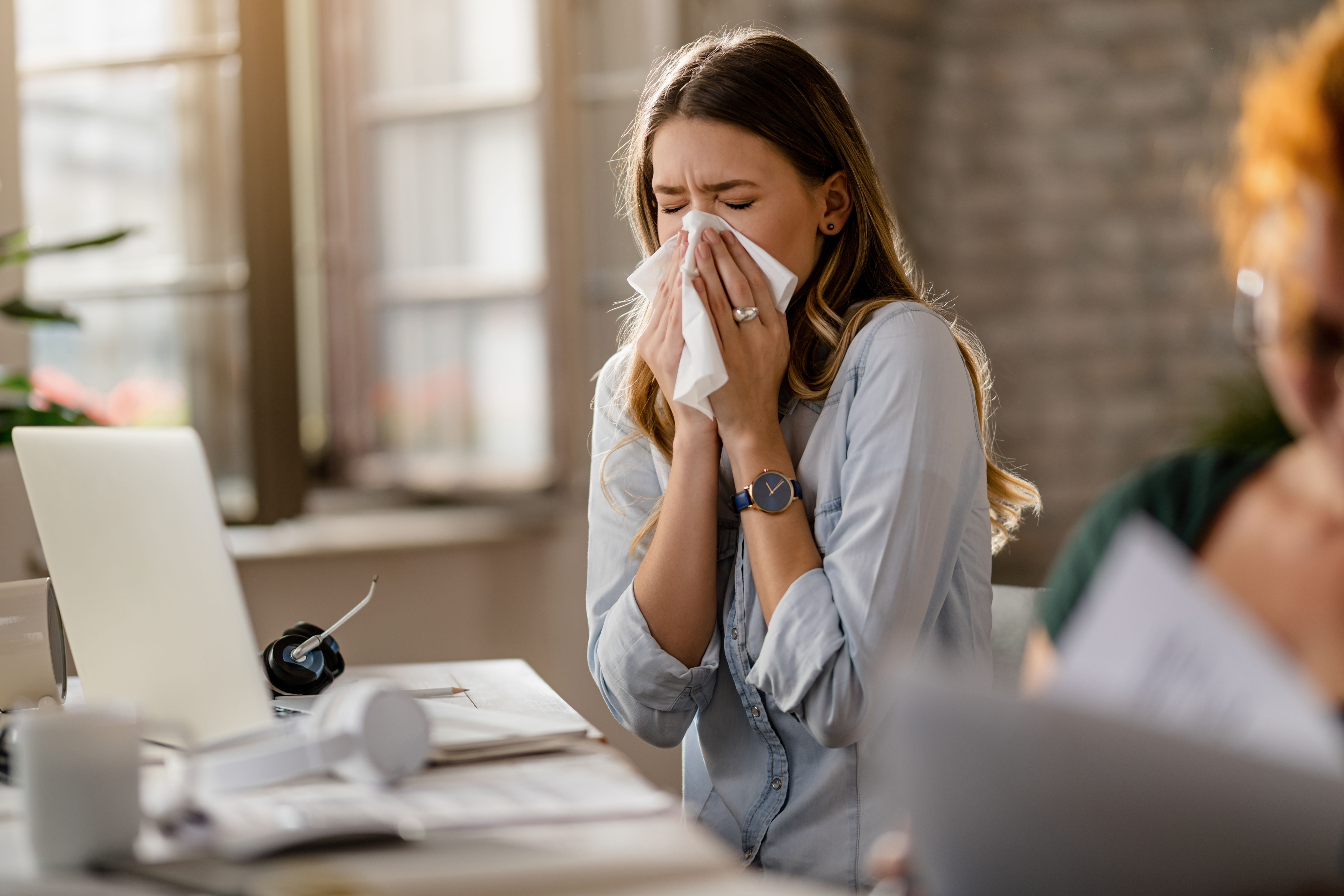
Radon is a naturally occurring radioactive gas that is odorless, colorless and tasteless; all characteristics that make it undetectable to our senses and therefore difficult to detect its presence.
Radon is mainly found in rooms, especially those in direct contact with the ground, such as cellars, basements, taverns, and garages, because the ground is the main source in which this gas dwells, with the possibility, however, of radiating to rooms on higher floors as well.
The greatest danger of radon gas is related to inhalation: inhaled in excess quantities and for prolonged periods, it can in fact cause serious damage to health, particularly to the lungs, qualifying as the second leading cause of cancer risk, after tobacco smoke.
According to the WHO, radon is classified as a grade 1 carcinogenic gas, the highest level.
According to a study by the Istituto Superiore di Sanità, radon is responsible for 10 percent of lung cancers occurring in Italy.
Epidemiological studies have shown that the risk of lung cancer increases proportionally as radon concentration increases and as the duration of exposure increases. There is no value below which there is no risk because even at low concentrations radon can bind to fine particulate matter and form an agglomerate that is extremely dangerous to the health of those who breathe it.
The economic plan

The highest expense is in the emotional sphere, that is undoubtedly the case.
But patients and their families also face material costs for visits, treatment, care and travel that total a combined total of about 5 billion euros a year.
Giving the measure on how much cancers also affect income is the Report on the Care Condition of Cancer Patients, sponsored by FAVO (Federation of Voluntary Associations in Oncology) and produced by Datamining, in collaboration with Aimac, INT of Milan and the Pascale Institute of Naples.
In Italy, the National Health System covers most expenses, including new and very expensive cancer drugs, and provides cancer patients with access to the procedures necessary to diagnose and treat the disease.
This is an expenditure of about 16 billion euros a year, 14 percent of total health care costs.
Yet the more than 3 million cancer patients, 700,000 of whom are undergoing treatment, come to pay up to 5 billion independently-a cost that impacts family budgets by changing spending habits.
Even in the United States, the problem is well known, and many patients, unfortunately, decide to forego cancer treatments, thus preventing the disease from bankrupting them and ruining the entire family’s life prospects.
Each of us can do something through prevention
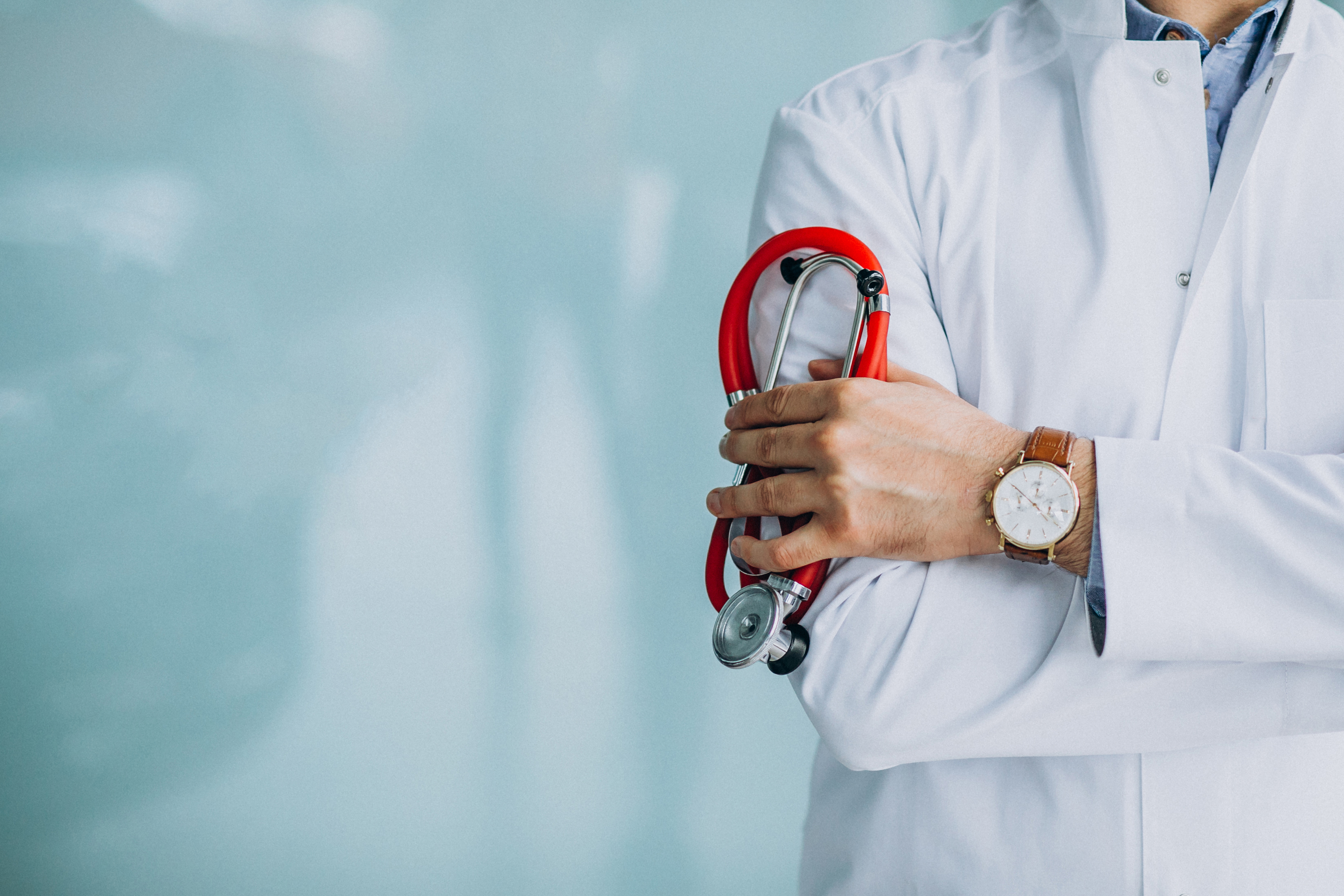
World Cancer Day each aims to save millions of preventable deaths by raising awareness about this disease and urging governments and all citizens to take action to prevent.
It is possible to prevent up to 50% of cancer cases.
The first prevention that each of us can implement is the constant monitoring of air quality to achieve full awareness of what we breathe on a daily basis and what the risks are.
Adopting a healthy lifestyle remains one of the most effective strategies to try to prevent any disease. Unfortunately, good and healthy habits are not always enough to ensure a life of well-being, but it is good not to forget how important these are in keeping us in excellent health.
Increasing people’s awareness and implementing national programs with government support could also reduce the risk factors that facilitate the development of cancer.

